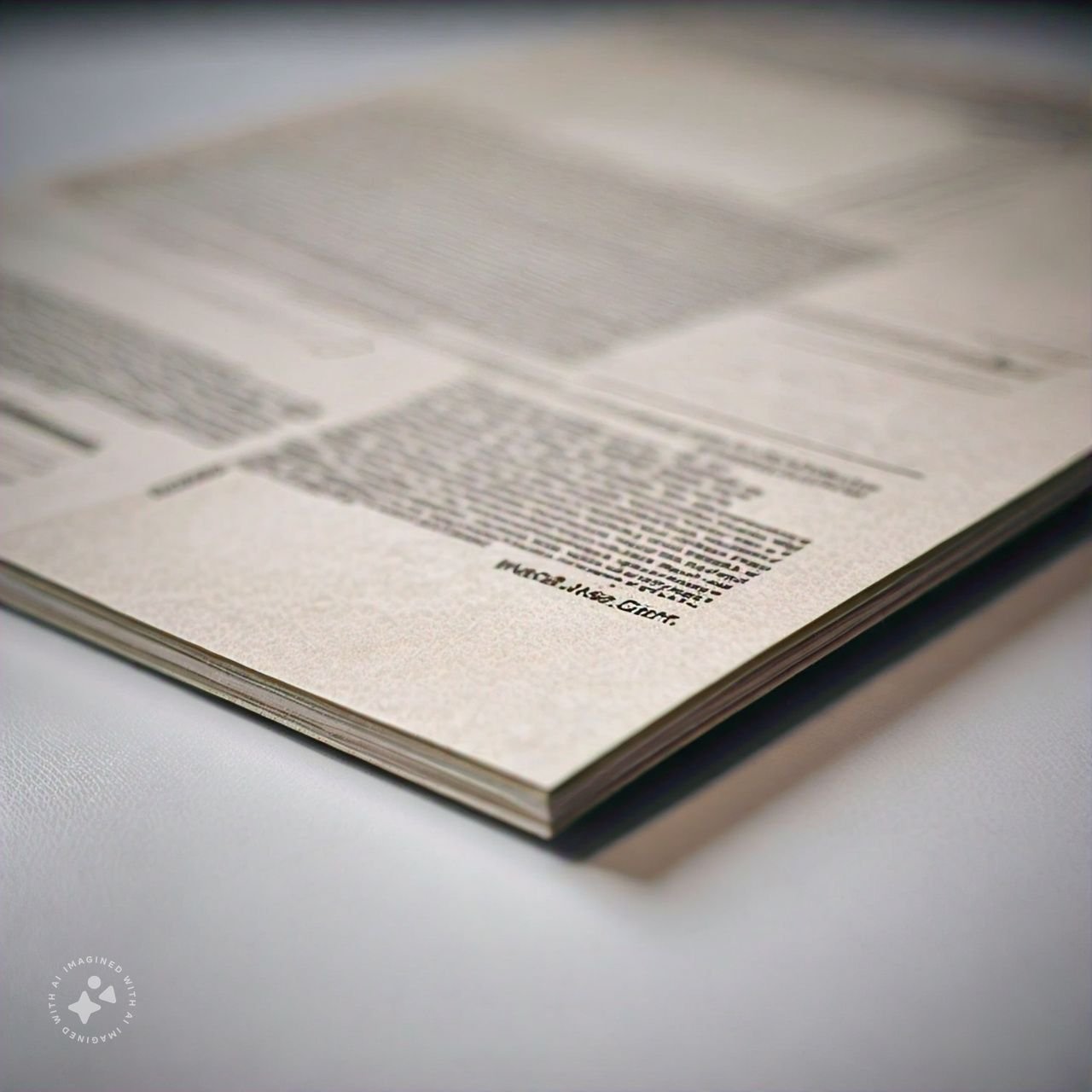1. Introduction
“Visa applications require specific documents to be successful. The required documents for a visa application include essential items like your passport, financial proof, and travel insurance. Missing or incorrect documents can delay or reject your application. Each document holds significant importance, verifying your identity, purpose, and financial stability. Understanding these requirements is essential for a smooth application process.”
Visa applications require specific documents to be successful. Missing or incorrect documents can delay or reject your application. Each document holds significant importance, verifying your identity, purpose, and financial stability. Understanding these requirements is essential for a smooth application process.
This blog details the most common documents needed for various visa types. We aim to simplify the process by providing clear explanations. Whether you’re applying for a tourist, student, or work visa, you will need to prepare these documents. By gathering the required paperwork in advance, you can avoid unnecessary complications.
We’ll cover essential items such as your passport, visa application form, and financial proof. We’ll also discuss additional documents like travel insurance and accommodation proof. Properly preparing these documents increases your chances of visa approval. This guide will help you navigate the process with confidence and efficiency.
read more : Arts and Humanities Scholarships
2. Passport
Your passport is the most crucial document in any visa application. It serves as your primary identification and proves your nationality. Without a valid passport, your visa application cannot proceed. Ensure your passport has at least six months of validity remaining from your planned travel date.
Countries often require a certain number of blank pages in your passport. These pages are used for visa stamps and other official markings. Check the specific requirements of the country you’re visiting. If your passport doesn’t meet these criteria, renew it before applying for a visa.
Damaged passports can also cause issues. A passport with torn pages, water damage, or other visible wear may be rejected. Keeping your passport in good condition is essential for a smooth visa process. If necessary, apply for a replacement passport before starting your visa application.
Ensure your passport details match the information provided in your visa application. Any discrepancies can lead to delays or rejection. Carefully review your passport’s details, including your name, birth date, and passport number, before submitting your visa application. By ensuring your passport is valid and intact, you can avoid common visa application pitfalls.
3. Visa Application Form
The visa application form is a mandatory document for any visa process. It collects essential information about you and your travel plans. Filling out this form accurately is crucial, as any errors can cause delays or rejections. Each country has its specific visa form, often available online or at consulates.
Complete the form with correct details that match your passport and other supporting documents. Inconsistent information can lead to complications or refusal. Double-check all entries, including your name, passport number, and travel dates. Providing truthful and accurate information is key to a successful application.
Some forms may ask for detailed information about your travel itinerary, accommodation, and financial means. Ensure you have this information ready when completing the form. Missing or incorrect details can lead to processing delays. If you’re unsure about any section, consult the visa guidelines or seek professional advice.
Submit the form either online or as a hard copy, depending on the country’s requirements. Always keep a copy of the completed form for your records. This form is a vital part of your visa application, so handle it with care and attention to detail.
4. Photographs
Photographs are a key component of your visa application. Most countries require passport-sized photos that meet specific criteria. These criteria often include size, background color, and facial expression. Providing the correct photos ensures your application is processed without delays.
Typically, visa photos should be recent, taken within the last six months. Your face must be fully visible, without any shadows or obstructions. The photo should have a neutral expression, with your eyes directly facing the camera. These details help officials verify your identity accurately.
Many countries require photos with a plain white or light-colored background. Ensure no patterns or objects are visible in the background. The size of the photograph is also important, usually around 2×2 inches. Check the exact specifications provided by the visa application guidelines.
Avoid wearing glasses, hats, or any accessories that could obscure your face. Some countries may have specific rules about religious headwear. Always follow these guidelines carefully to avoid having your photos rejected.
Submit the required number of photographs along with your visa application form. Keep extra copies in case you need them during your trip. Properly preparing your photos is essential for a smooth visa application process

5. Proof of Travel Arrangements
Proof of travel arrangements is an essential document in your visa application. It demonstrates your travel plans and assures authorities of your intentions. Most embassies require this proof to ensure you plan to return to your home country after your visit.
This proof often includes a round-trip flight reservation or a detailed travel itinerary. The itinerary should outline your entry and exit dates, along with any connecting flights. Providing this information helps verify your travel dates and supports your visa application.
If you haven’t booked your flight yet, you can provide a reservation or a flight itinerary. Many travel agencies offer temporary flight reservations for visa applications. This option allows you to submit the necessary documents without committing to a non-refundable ticket.
In addition to flight details, you may need to provide proof of accommodation. This can include hotel bookings, rental agreements, or an invitation letter from a host. Ensure that all dates on your travel and accommodation documents align perfectly.
Submit copies of these documents with your visa application. Keep the originals safe for future reference. Accurate and consistent travel arrangements strengthen your application, showing clear plans and reducing the risk of rejection.
6. Proof of Financial Means
Proof of financial means is a critical requirement in most visa applications. It assures the authorities that you can support yourself during your stay. This proof helps demonstrate your financial stability and ability to cover expenses like accommodation, food, and travel.
Common documents used for this purpose include bank statements, payslips, or tax returns. Most embassies require recent bank statements, typically from the last three to six months. These statements should show a consistent balance that meets or exceeds the required minimum funds.
If you’re employed, including your payslips or a letter from your employer can strengthen your application. This letter should confirm your position, salary, and the period of approved leave. If you’re self-employed, tax returns or business financial statements can serve as proof.
For students or those without regular income, a sponsor’s financial documents may be necessary. The sponsor should provide a letter of sponsorship along with their financial proof. This letter should clearly state their commitment to covering your expenses during your stay.
Submit clear and accurate copies of these documents with your application. Ensure all financial information is current and matches the details in your application. Properly demonstrating your financial means is vital for a successful visa application.
7. Travel Insurance
Travel insurance is a mandatory requirement for many visa applications. It provides financial protection in case of emergencies, such as medical issues or trip cancellations. Embassies require this proof to ensure you won’t burden their healthcare system during your stay.
Your travel insurance must cover the entire duration of your trip. Most countries specify a minimum coverage amount, often around €30,000 or $50,000. This coverage should include medical emergencies, hospitalization, and emergency evacuation.
When choosing a travel insurance policy, ensure it meets the specific requirements of your destination country. Some countries also require coverage for repatriation of remains in case of death. Carefully review the policy details to confirm it meets all necessary criteria.
The insurance certificate should clearly state your name, policy number, and coverage period. Ensure the dates align with your travel itinerary. Submit a copy of this certificate along with your visa application.
Some policies offer additional benefits, such as coverage for lost luggage or trip delays. Consider these options for added peace of mind during your travels. By securing adequate travel insurance, you not only fulfill visa requirements but also protect yourself from unexpected costs.

8. Cover Letter
A cover letter is an important part of your visa application. It introduces you to the embassy and explains the purpose of your visit. A well-written cover letter can strengthen your application by providing context and clarity.
In the cover letter, start by introducing yourself and stating your purpose for travel. Mention the type of visa you are applying for, such as a tourist, business, or student visa. Clearly explain why you are visiting the country and how long you plan to stay.
Include details about your travel itinerary, accommodation, and financial means. If you have booked flights and hotels, mention these arrangements. This information helps the embassy understand your plans and assess your intentions.
If someone is sponsoring your trip, provide their details in the letter. Mention their relationship to you and how they will support your expenses. Attach supporting documents like a sponsorship letter or their financial statements.
Conclude the letter by expressing your commitment to respecting the visa conditions. Mention that you will return to your home country after your visit. A concise and clear cover letter can improve your chances of visa approval by providing the necessary context.
9. Proof of Accommodation
Proof of accommodation is a vital document in your visa application. It confirms where you will stay during your trip and helps authorities verify your travel plans. Providing accurate and reliable accommodation details strengthens your application.
You can submit various documents as proof of accommodation, depending on your travel arrangements. Hotel bookings are the most common form of proof. These should include your name, the hotel’s address, and the dates of your stay. Ensure the booking covers the entire duration of your trip.
If you’re staying with friends or family, an invitation letter from your host is required. The letter should include their full name, address, and your relationship to them. They should also confirm that they will accommodate you for the specified period.
For those renting an apartment or house, provide a rental agreement. This agreement should clearly state the rental period and the property’s address. Ensure all dates on your accommodation documents align with your travel itinerary.
Submit copies of these documents along with your visa application. Keep the originals safe in case the embassy requests them during the interview. Properly demonstrating your accommodation plans helps reassure authorities of your genuine travel intentions.
10. Employment or Educational Documents
Employment or educational documents are crucial for visa applications, especially for work or study visas. These documents verify your current status and intentions. They help authorities understand your background and the purpose of your visit.
For employment-based visas, provide a recent employment letter from your employer. This letter should include your job title, salary, and the duration of your employment. It must also confirm your leave of absence for the travel period. This document demonstrates your employment stability and your intention to return to your job.
If you are self-employed, include business registration documents and tax returns. These documents should prove your business’s legitimacy and your financial stability. A letter from your accountant or business partner can also support your application.
For student visas, submit a letter of admission or enrollment from the educational institution. This letter should detail your course, duration, and start date. Include any scholarship or financial support documents if applicable.
Ensure all documents are up-to-date and accurately reflect your status. Submit clear copies with your visa application and keep originals for verification. Providing comprehensive employment or educational documents supports your visa application and confirms your purpose of travel.
11. Additional Supporting Documents
Additional supporting documents can enhance your visa application by providing further context and assurance. These documents vary based on your visa type and personal situation. Including them helps strengthen your application and addresses any potential concerns.
Common additional documents include a travel itinerary, proof of previous travel, and a detailed cover letter. A travel itinerary outlines your daily plans and activities. Proof of previous travel, such as past visas or entry/exit stamps, shows your travel history and reliability.
If applicable, include documents that demonstrate ties to your home country. These may include property deeds, family details, or proof of ongoing obligations. Such documents reassure authorities of your intention to return home after your visit.
For certain visas, you may also need to provide health certificates or police clearance certificates. Health certificates may be required for specific countries, while police clearances verify your criminal record or lack thereof.
Submit clear and organized copies of these additional documents with your main visa application. Ensure they are relevant to your case and accurately reflect your situation. Properly preparing and including these documents can improve your chances of visa approval.
read more : Types of Business Scholarships
12. Conclusion
Gathering the required documents is essential for a successful visa application. Each document serves a specific purpose, providing necessary information to the authorities. Ensuring that all documents are accurate and complete helps avoid delays and rejections.
Start by collecting your passport, visa application form, and recent photographs. Next, prepare proof of travel arrangements and financial means. Ensure you have valid travel insurance and a well-written cover letter. Proof of accommodation and relevant employment or educational documents are also crucial.
Double-check that all documents meet the specific requirements of the country you are visiting. Some countries have unique document criteria, so verify these details carefully. Organize your documents clearly and submit them as instructed.
Including additional supporting documents can further strengthen your application. Provide evidence of ties to your home country and any other relevant documents. This comprehensive approach demonstrates your genuine intent and preparedness.
By thoroughly preparing and submitting all required documents, you improve your chances of obtaining the visa. A well-prepared application reflects your attention to detail and enhances the likelihood of approval. Follow these guidelines to ensure a smooth and successful visa application process.
13. Frequently Asked Questions (FAQs)
1. What is the purpose of the visa application form?
The visa application form collects essential information about your trip and personal details. It helps authorities assess your eligibility for a visa.
2. How recent should my passport photographs be?
Your passport photographs should be recent, typically taken within the last six months. Ensure they meet the size and background requirements.
3. What if I don’t have a flight reservation yet?
You can provide a temporary flight reservation or itinerary. This demonstrates your planned travel dates without committing to a non-refundable ticket.
4. How do I prove I have enough financial means?
Submit recent bank statements, payslips, or tax returns. These documents should show sufficient funds to cover your trip expenses.
5. Is travel insurance required for all visas?
Many countries require travel insurance for visa applications. It should cover medical emergencies, trip cancellations, and other unforeseen events.
6. What should be included in a cover letter?
Your cover letter should introduce yourself, state your travel purpose, and provide details about your itinerary and accommodation.
7. How can I prove my accommodation arrangements?
Submit hotel bookings, rental agreements, or an invitation letter from your host. Ensure the documents cover your entire stay.
8. What if I need to provide additional documents?
Include any extra documents that support your application, such as proof of ties to your home country or health certificates.
